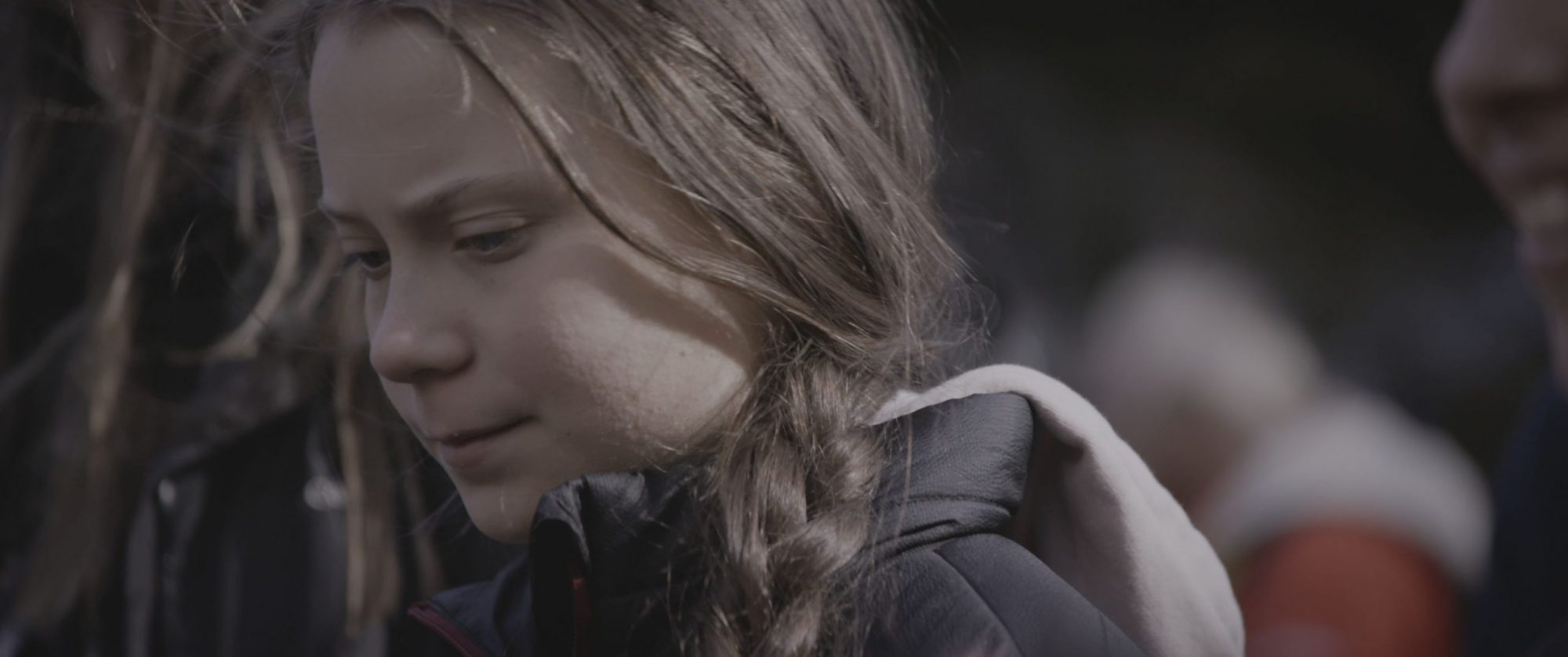ED: How would you describe climate grief for those who are unfamiliar with the concept?
Abbott: What I attempt to do in The Magnitude of Things is show how the grief we feel for our loved ones is in many ways an emotion that is not only applicable to the loss of a human or the love of human, but rather can be, and is very much present in our experience at the loss of a landscape, a forest, of basically all the world as we know it.
ED: In the film, you share stories from many people who are experiencing grief from climate change. Why was it important for you to include your own voice in the film?
Abbott: I fully acknowledge that there are many people out there, including many viewers of my film who are very much present within climate discourse. But I think there’s a larger segment of the population where the scale and violence of the climate crisis is just so overwhelming and so depressing. My idea was to tell two parallel narratives. One is the story of my sister coming to terms with her deepest fears and sorrows, and I thought many people were able to relate to that. It’s a deeply personal story, and it’s a story I wanted to tell. I used that story to open a doorway to these larger issues of climate change. It’s not just my sister coming to terms with her deepest fears, but also we as a species coming to terms with our deepest fears related to the loss of the world.
ED: There are many ways people deal with grief. Do you think the same thing can be said about how people deal with grief about climate change?
Abbott: Every individual is going to experience climate change differently and cope with it differently. From one end of the spectrum, we see extreme denial. A lot of people who are in extreme denial just continue with business as usual. Then, on the other end of the spectrum, there are people who are so steeped in despair, that they become immobilized. I understand that, and I have a lot of compassion for that. What I’m trying to do with The Magnitude of All Things is show people a way to use these difficult emotions to energize, not immobilize. You don’t always get over grief, but you can let it transform you for the better so you become a stronger, more resilient person.
